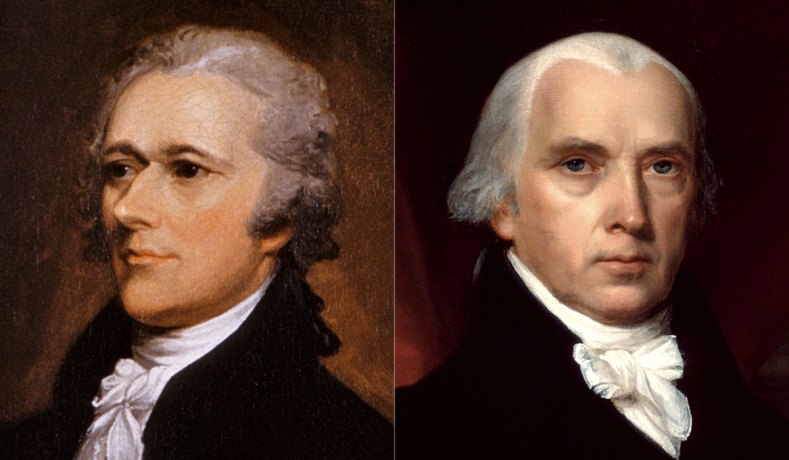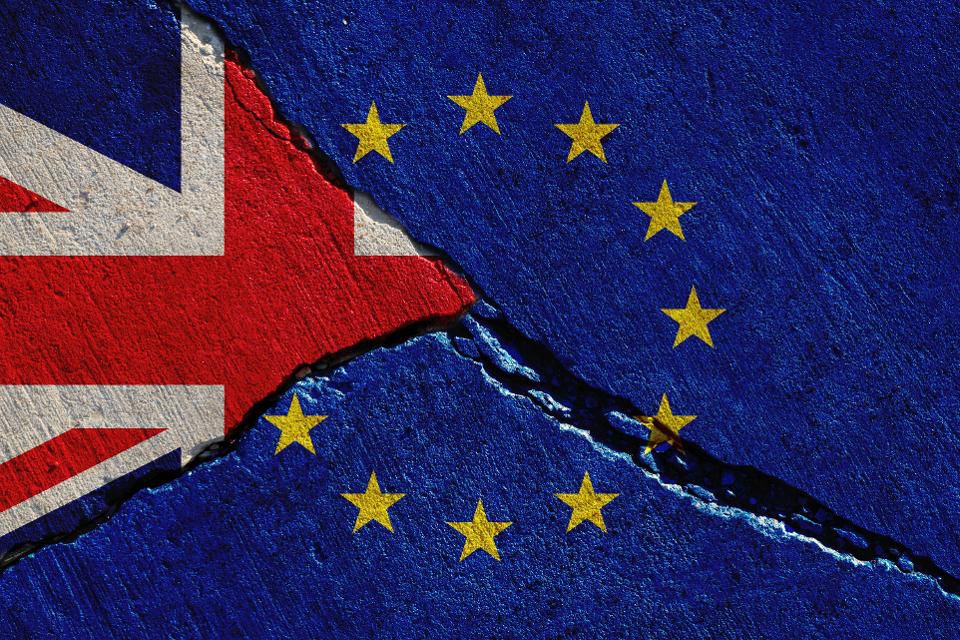The Italian electoral college will start voting for the successor to Sergio Mattarella as President of the Republic on 24 January. Between now and then, at least two pages of every major national newspaper will be devoted to rumours and speculation about what Italy’s party leaders are planning, who might get drafted as a candidate, and how the votes are likely to line up. It is the usual blizzard of noise that comes at the end of the white semester — the last six months of any presidential mandate, during which the President of the Republic is no longer able to dissolve parliament. What is at stake is not just who will take over the leadership of the Italian state but also whether the current government can hold together and whether the any new President will send Italy’s parliamentarians back to face the voters. By implication, Italy’s successful implementation of its national recovery and resilience plan is also on the table — together with all that entails for the rest of the European Union.
Continue reading →







